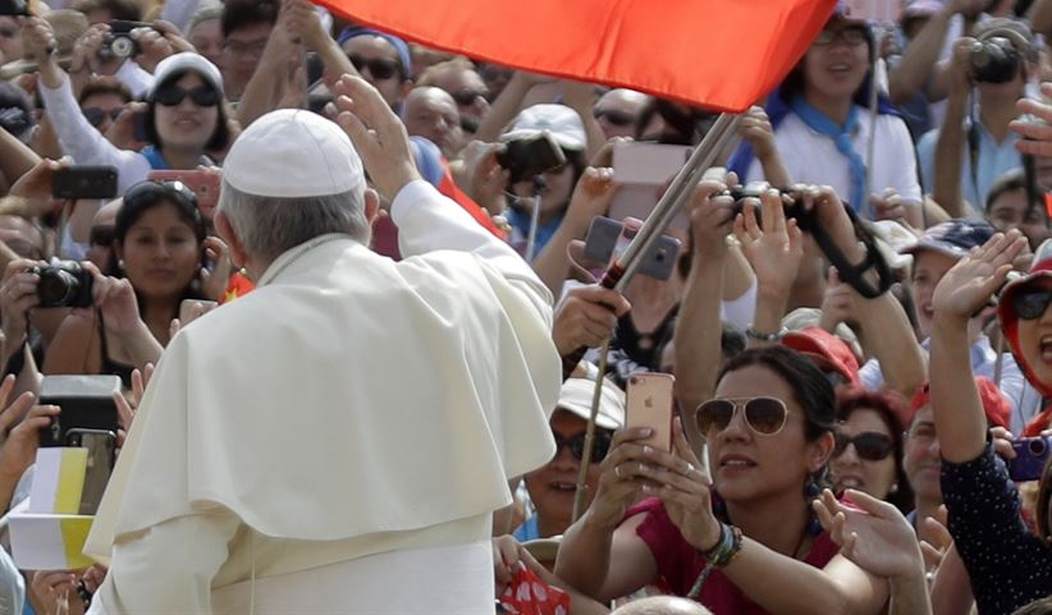Author's Note: I use “Red China” and “Communist China” to make sure that criticism falls squarely on the evils of the government, not the proud and good people of China or their millennia old history.
As of January of this year, large segments of the so-called People’s Republic of China seemed poised to upend the authoritarian state that had ruled over the country since just after the Second World War.
Hong Kong protestors defied totalitarian Red China’s efforts to further roll back rights and privileges agreed to when they assumed control from Britain.
Then came the virus and a series of tragic policy decisions by the Red Chinese government. The emergence of a pandemic panic gave the Communist authorities the excuse they needed to re-establish firm controls.
Aggressive movements by the government did not stop with internal crackdowns.
In the past week, Red China has escalated its long-term policy of challenging national boundaries of its neighbor states. Over a thousand troops have established positions a mile or more inside of territory claimed by India, backed up by 5,000 on the Chinese side of the border.
India announced that it would not challenge the Communist Chinese incursion, but also would not pull its own military from forward defensive positions. The second largest nation-state on earth in terms of population seeks diplomatic intervention to resolve the crisis.
For many years, Communist China has provoked tensions with India through similar incursions of much smaller units of troops. It has also challenged boundaries with Vietnam, Japan, and the Philippines. U.S. naval and air forces have stoutly resisted attempts to claim open ocean as Chinese territorial waters.
Regional nations have responded by beefing up military capabilities and exploring enhanced cooperation, mostly (and likely wisely) with little direct U.S. involvement.
Recommended
Communist China’s aggression may appear based in strength. Historically, however, their moves serve as an indicator of dangerous internal weaknesses that could threaten the survival of the regime.
Within the nearly 14,000 mile border of Red China lies a prison of nations. Tibet, with a population approximately the same as Iowa, enjoyed over seven centuries of independence before Mao Zedong’s military ruthlessly conquered it. Over 10 million Uighurs of Turkish descent and Islamic faith, always restive and occasionally rebellious, live in the northwest of the nation.
Although Hong Kong no longer resides in the British Empire, the ruling Communist state increasingly shows the desire to treat it as a useful colony rather than continue to recognize its rights even in the paltry fashion it has till now.
This slowly simmering pot of grievances predated the virus crisis that gripped Red China and then the world earlier this year. Missteps and questions about how the virus exited a secure lab and got into the local food supply invited appropriate comparisons to Chernobyl. Many see the Soviet involvement and response to that nuclear plant explosion and its impact over thousands of square miles as the last nail in the USSR’s coffin.
Afterwards, Red China absorbed stout international criticism and faced significant economic setbacks. Huawei, the Chinese owned technology firm, lost the rights to build a 5G network for the United Kingdom and other areas. U.S. efforts toward reshoring manufacturing, already well underway under President Trump’s trade policies, continued to show strong progress.
And only in the past week, the Red Chinese Navy moved combat ships closer to Taiwan.
Truly secure and powerful nations maintain control through managing times of peace. They use tools ranging from incentives to diplomacy to isolated actions to defend and promote their interests.
Conversely, grabbing territory from neighboring states as a matter of long-term policy reflects more the actions of failing empires. Regimes, often mistakenly, see external successes or even wars as important methods of rallying their peoples behind their expiring systems. The late Romanov empire in Russia’s ambitions sparked both a war with Japan and helped bring about World War I.
Austria-Hungary bears even more responsibility for that cataclysm with its relentless policy of absorbing some Slavic peoples while antagonizing others.
These authoritarian states that died just over a century ago tried to hide their fundamental weaknesses from the world and their own people through reckless aggression. Communist China, like these systems, may be gambling that conflict might better preserve their system than peace.
Chinese history and culture may hold the key to explaining both the regime’s current fears and the hopes of freedom-loving people in that country. Not unlike the American Declaration of Independence, the concept of “Mandate of Heaven” lays out a rationale for removing incompetent or malicious government.
Under the Mandate, the right to rule China came from the gods. Only dynasties that placed the good of the people over themselves deserved heaven’s favor. Signs would demonstrate to the people when an emperor or dynasty lost the support of the gods.
Similarly, the Founding Fathers used their “firm reliance on the protection of divine Providence” to guide them as they found it “necessary for one people to dissolve the political bands which have connected them with another.”
In the United States, as in other democratic republics, the people have the opportunity to peacefully overturn one set of elected officials and replace them with others. This allows a venting of social pressures that the Red Chinese government dares not emulate.
Empires often prefer to die in a conflagration of glory rather than fade into history. Unfortunately, the Communist Chinese government and not their people seem bent on bringing war to their region of the world.
One can only hope that China enjoys a peaceful transition if their corrupt Communist regime implodes. Otherwise, the world may face far more dangers than those posed by the pandemic.

























Join the conversation as a VIP Member